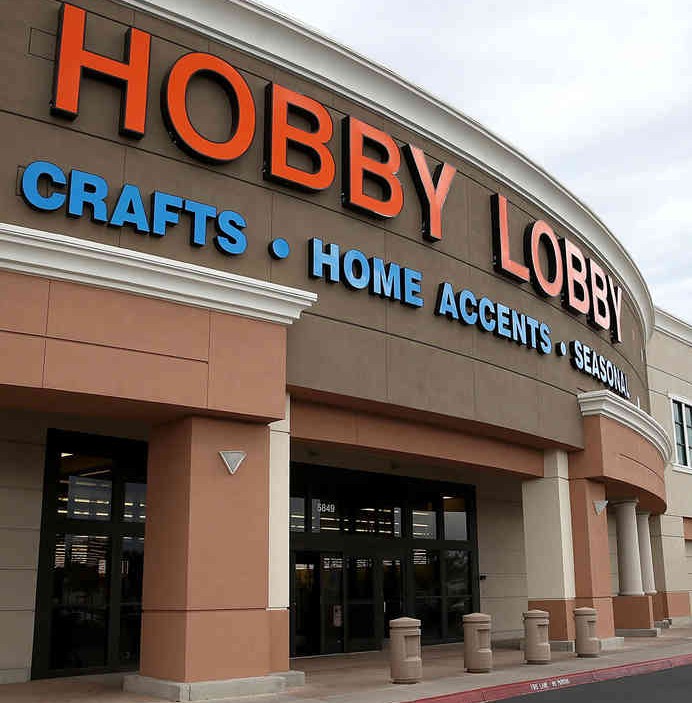 The nation’s highest court affirmed a birth-control exemption for some corporations including the Hobby Lobby Stores Inc. on Monday.
The nation’s highest court affirmed a birth-control exemption for some corporations including the Hobby Lobby Stores Inc. on Monday.
The Supreme Court’s decision tossed out a mandate that requires family-owned corporations who are seeking religious exemptions to pay for insurance coverage for contraception under the Affordable Car Act.
Citing the Religious Freedom Restoration Act of 1993 passed by Congress, the Supreme Court stated that the mandate violated the law protecting religious freedom of Hobby Lobby and other for-profit corporations.
In the 5-to-4 ruling, the court said the government is prohibited from “substantially burdening” a person’s exercise of religion unless the government can prove that the applying the mandate is in furtherance of a “compelling government interest” and is being done in the least restrictive manner.
Justice Samuel Alito wrote a majority opinion. He stated that the mandate is unlawful, rejecting the government’s argument that the owners of the companies forfeit all religious rights protection when they decide to form corporations.
The Religious Freedom Restoration Act is perfectly clear that Congress did not discriminate against owners of for-profit corporations who hold religious beliefs, Alito wrote.
“If the owners comply with the (Health and Human Services) mandate, they believe they will be facilitating abortions, and if they do not comply, they will pay a very heavy price — as much as $1.3 million per day or about $475 million per year, in the case of one of the companies,” Alito wrote. “If these consequences do not amount to a substantial burden, it is hard to see what would.”
In the dissenting opinion, Justice Ruth Bader Ginsburg didn’t mince words in describing the scope of this decision.
“In a decision of startling breadth, the Court holds that commercial enterprises, including corporations, along with partnerships and sole proprietorships, can opt out of any law (saving only tax laws) they judge incompatible with their sincerely held religious beliefs,” she wrote.
Ginsburg said the ruling will impact thousands of women employed by Hobby Lobby and other corporations who seek religious exemptions.
She said this Supreme Court decision is the first time the justices qualified a corporation for a religious exemption, noting that the exercise of religion is “characteristic of natural persons, not artificial legal entities.”
The New York Times reported that Josh Earnest, the White House press secretary, said the court’s decision “jeopardizes the health of women employed by these companies” and added that “women should make personal health care decisions for themselves, rather than their bosses deciding for them.”
Mr. Earnest urged Congress to act quickly to find ways to make all contraceptives available to the companies affected by the court’s decision.
Lori Windham, a lawyer for Hobby Lobby, welcomed the decision, the New York Times stated.
“The Supreme Court recognized that Americans do not lose their religious freedom when they run a family business,” she said.
The health care law and related regulations require many employers to provide female workers with comprehensive insurance coverage for a
variety of methods of contraception. The companies objected to some of the methods, according to the New York Times report.

